Apply to a foreign university with confidence
- Properly fulfilled documents
- Perfect motivation letter
- Support from a personal mentor
- Offers from several universities
Article score: 4.2 out of 5 (5 reviews)
Full guide to a British university: how to choose a program, why you need preparatory courses and what exams you will have to take.
Free consultation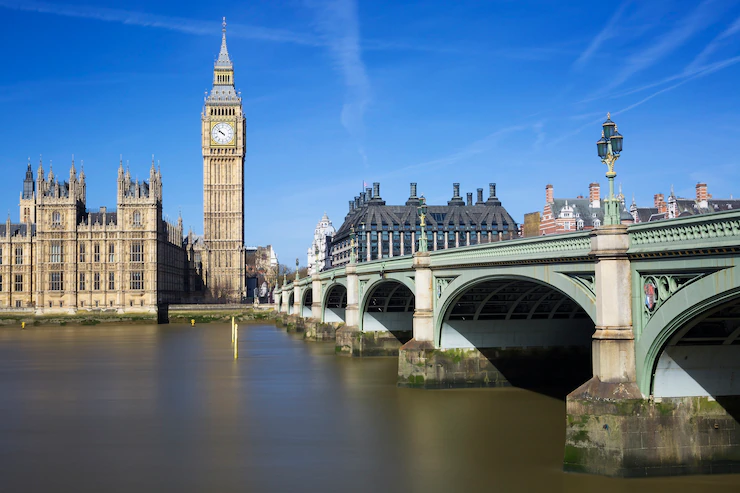


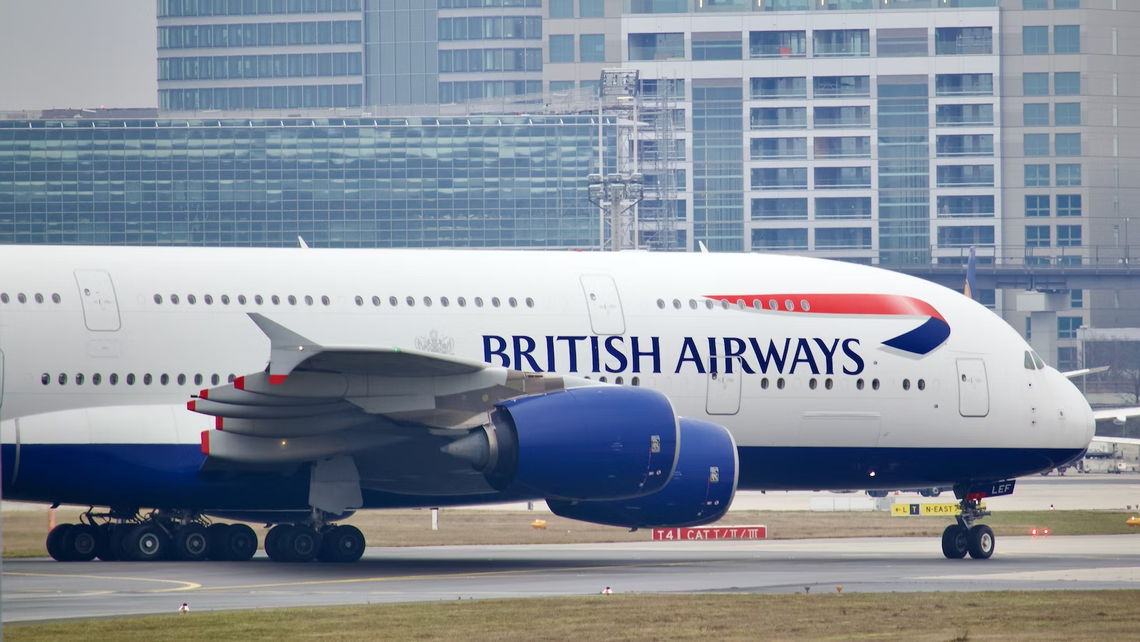
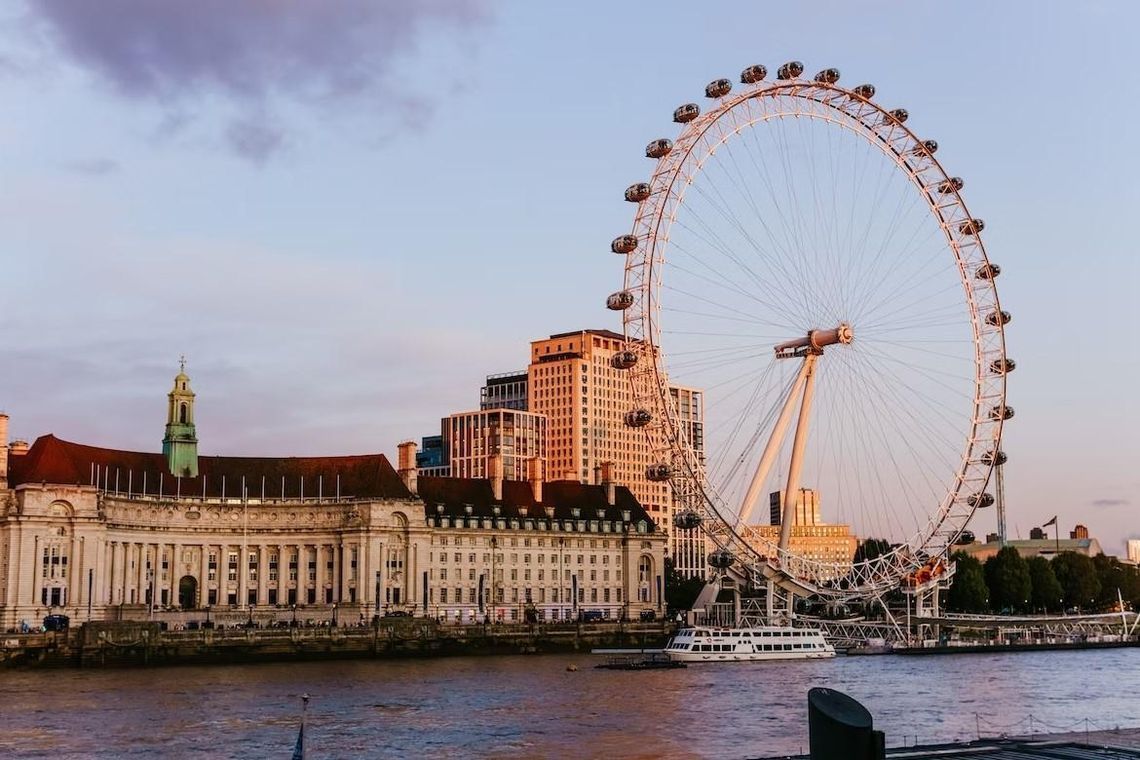


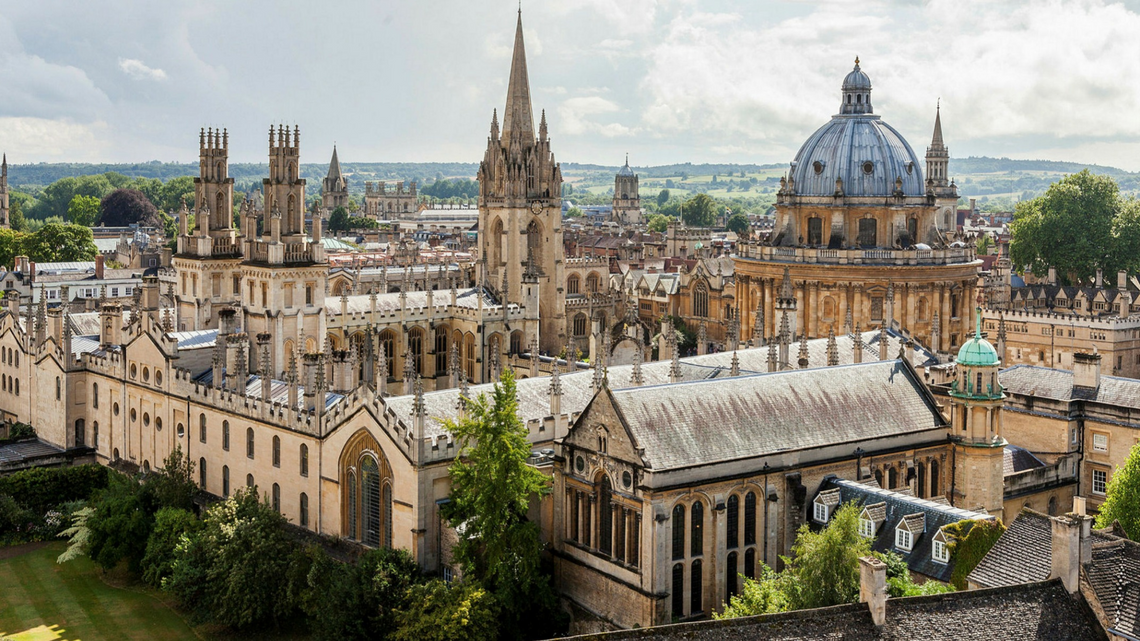
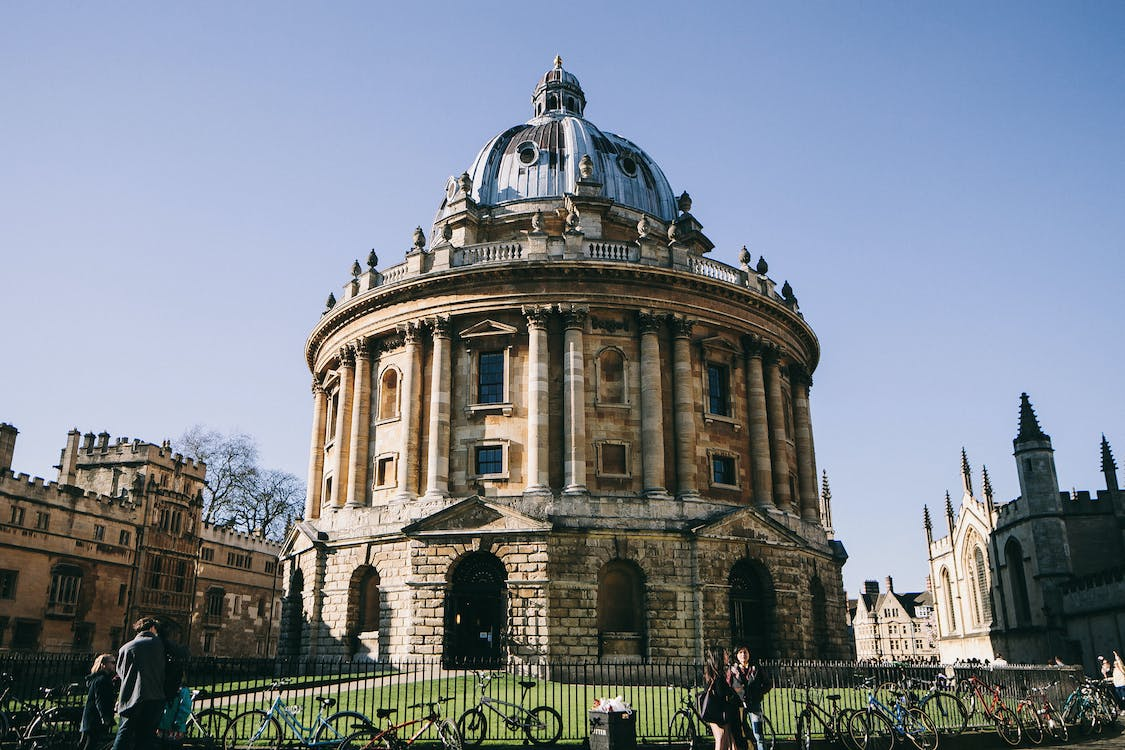

Entering a British university right after 11th grade is close to impossible. First, you will have to complete one of the preparatory programs, pass the IELTS language exam, and write a motivation letter. In this article, you will learn about the admission requirements, tuition fees, and scholarship opportunities at UK universities.
We have addressed the educational system of Great Britain and the peculiarities of higher education in separate articles.
| Program | Age | Duration | Min. cost of training | Avg. tuition fees |
|---|---|---|---|---|
| Foundation | 16+ | 1 year | 10,593 USD/year | 18,537 USD/year |
| Bachelor's degree | 17+ | 3 years | 13,241 USD/year | 31,778 USD/year |
| Medical school | 17+ | 5-6 years | 29,130 USD/year | 41,046 USD/year |
| Master's degree | 20+ | 1 year | 13,241 USD/year | 22,509 USD/year |
| Doctorate degree | 21+ | 3 years | 19,861 USD/year | 26,481 USD/year |
| Expenses | Average cost |
|---|---|
| Exams | 265 USD |
| Visas | 461 USD +25 USD for the collection of biometric data |
| Test for tuberculosis | 123 USD |
| Flights | 146 USD |
| Rent | 1,324 USD/month |
| Insurance | 199 USD/year |
| Food | 344 USD/month |
| Public transportation | 113 USD/month |
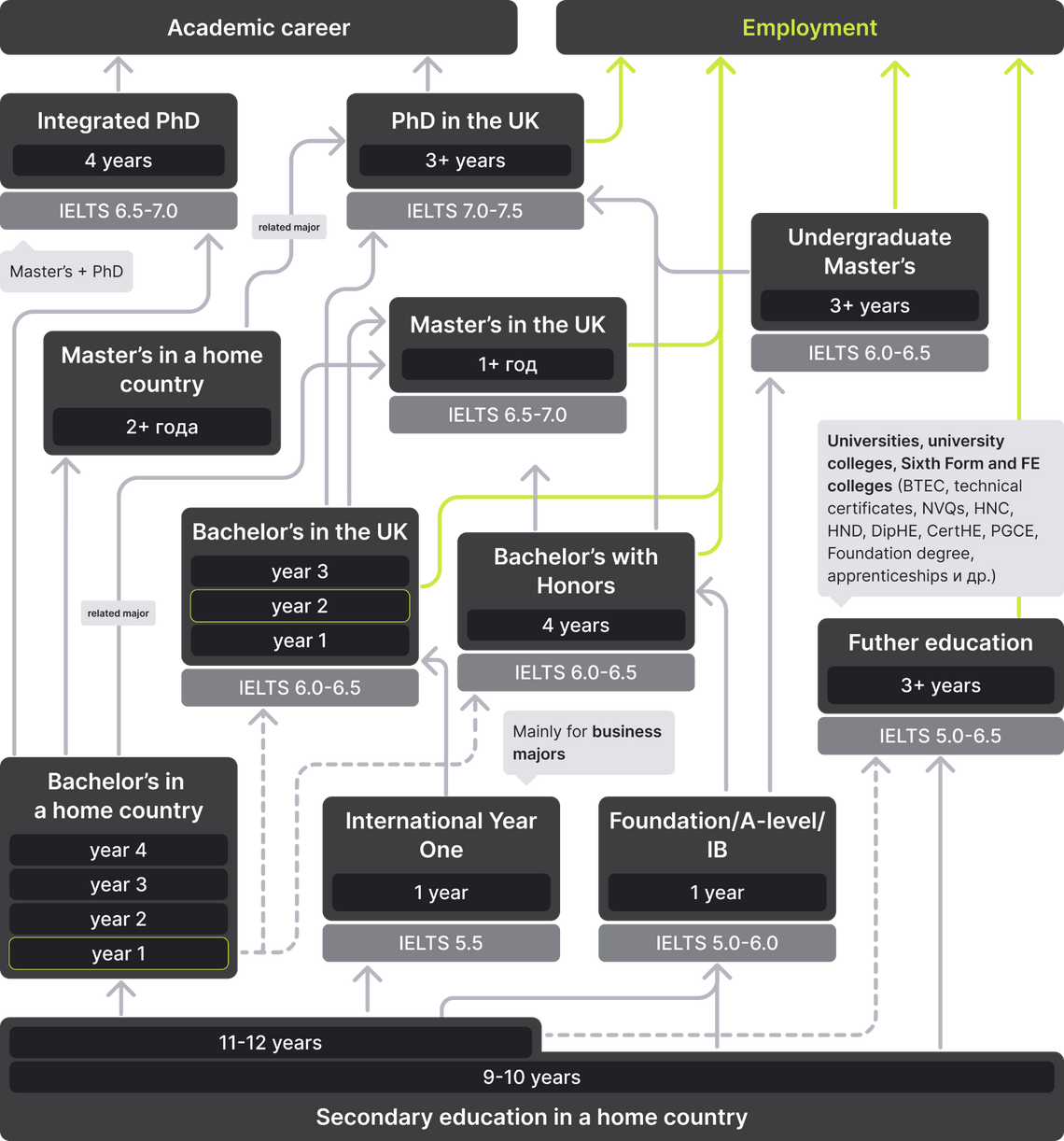

When planning to study abroad, you first need to decide on a specialty. For this challenging task, we have written a separate article. You can then start choosing a university. Below we have described the main criteria to refer to.
Rating agencies analyze universities according to various indicators, drawing up lists of the best. The most famous international ratings are QS, THE, and ARWU. But Britain also has its own platforms — The Complete University Guide, The Guardian, ukuni.net, and the Good University Guide.
First, you should decide on your budget, and then see which options are right for you. On average, education in Britain costs 21,185 USD per year, but prices can go up to 46,342 USD at prestigious universities. It is worth considering the cost of living, which is highly dependent on the city. The highest costs are in London. To apply for a student visa to study in the capital, you need to have at least 15,897 USD in your bank account. This is enough to cover the annual costs of housing and food. For other cities, the requirement is lower — 12,191 USD.
Read more about UK universities in a separate article.
Choosing a university is a complex and time-consuming process: you will have to study several dozen universities before you find the one. In order to not get overwhelmed, create a table in Excel, where you will enter all the necessary information about costs, ratings, and other criteria.
You can save time and effort by contacting UniPage. We help students apply to universities all over the world, including Britain. Our specialists draw up an individual strategy for each applicant. They will analyze your strengths and weaknesses, interests, financial capabilities, academic experience, and based on this, select the options that suit you best.
UniPage experts supervise the entire admission process: from the selection of programs according to your profile to submitting an application and receiving an acceptance letter.
Get a free consultation
Items 1-6 of 722
Advanced search
Because secondary education in Britain lasts 13 years, it is impossible to enter a university immediately after 11th grade.
Documents for bachelor’s and preparatory programs are reviewed through the specialized UCAS service, and directly through the websites of universities for master's programs. In this case, the student has the right to choose up to five programs in one or several universities in the country. Requirements for admission depend on the type and level of the program, citizenship, the current level of education of the applicant, and the internal policy of a particular university.
What documents do you need?
In the UK, universities independently evaluate educational documents. Legalization (consular or apostille) and a special recognition procedure are usually not required.
However, the employer or institution sometimes asks for proof of qualifications. For this, the UK has the National Academic Recognition Information Center for the United Kingdom (NARIC) — an organization that issues a document on the comparability of a student's qualifications with the British system (Statement of Comparability). You can send documents for consideration by mail or online using the UK NARIC User Portal by attaching scans. The cost of the service is 79 USD. For 126 USD, UK NARIC will process documents without the need to provide translations. The processing time is from 10 to 15 days.
Before entering a bachelor’s program, applicants may need to pass one of the following training programs:
For admission to the Foundation programme and International Year One, you will need a certificate of complete secondary education (11 years), and for A-Level 9th-10th grades will be enough.
| Program duration | Cost |
|---|---|
| 9-12 months | 13,241 USD per year |
The Foundation programme is a one-year course in which a foreign student improves his English language skills and develops his knowledge in specialized disciplines. This type of program is offered by many universities. Training begins in September (ends in June) or January (ends in August). Successful completion of the Foundation programme guarantees admission to the university in which the preparation took place. In some cases, they even give a discount on tuition.
Foundation programmes are suitable for those who are still in 11th grade. If you know exactly which university you would like to study at, then apply for a preparatory program within it. If you have not yet chosen a specific university, apply to the Foundation programme at a college. This will give you six months to think about and decide on the university. Be sure to check the list of universities that the college works with, for it can be quite limited.
Requirements for admission:
Some prestigious universities ask for supporting documents: a motivation letter, recommendations from teachers, and a resume. Applicants may also be asked to pass exams and be interviewed. For example, admission to the Foundation programme at University College London requires a test in mathematics and logic.
Foundation programmes are usually presented in several fields:
The main disadvantage of Foundation programmes is that they are not recognized by prestigious British universities such as Oxford, Cambridge, London School of Economics and Imperial College London. Therefore, if you want to study at any of these universities, choose another option.
| Program duration | Cost |
|---|---|
| 2 years |
|
A-Level education is a comprehensive British high school program for university applicants. In this program, students study 2-4 specialized disciplines of their choice. At the end of each course, they pass exams, which are further considered by the universities of England, Wales, and Northern Ireland as entrance examinations. Moreover, the A-Level diploma is suitable for admission to other countries.
Unlike the Foundation programme, A-levels can be taken in countries other than Britain.
Requirements for admission:
The admissions committee does not necessarily consider the average score of the transcript. To determine the level of an applicant, schools conduct entrance exams and interviews.
| Duration of the program | Cost |
|---|---|
| 1 year | 13,241-17,213 USD per year |
This program is designed for future students of business and management. You can enter this program, like the Foundation programme, in specialized colleges. Students spend one year in these colleges and after graduation immediately enter the second year of the partner university. During International Year One, students study 3-4 subjects of their choice. It is imperative that they be related to or even repeat the disciplines of the first year in the specialty at the university. The disadvantage of International Year One is that there are a small number of such programs, and the choice of universities is very limited. For example, London South Bank University, BirkBeck, and Coventry University.
Requirements for admission:
Applications for the program are accepted all year round.

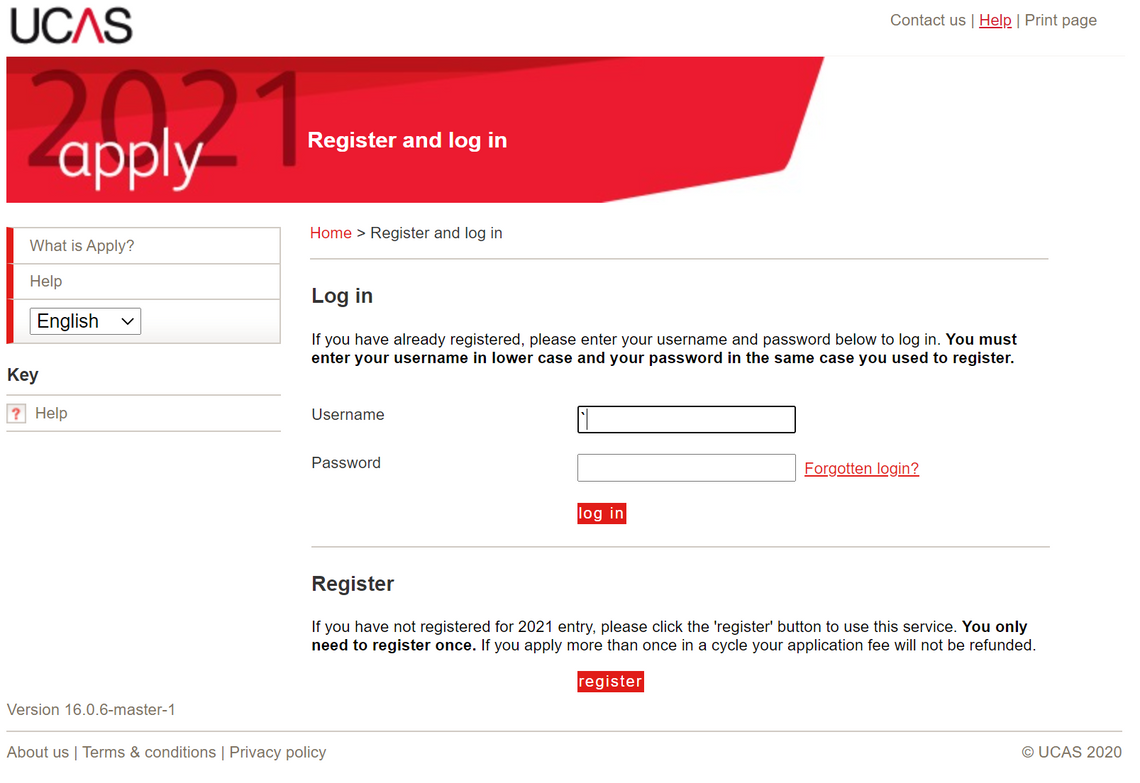
Documents for a bachelor's degree at most UK universities are submitted through a special platform called UCAS. You register on the site, fill out a form, and choose programs. The application includes personal information, educational documents, work experience and a personal statement (motivation letter). You also need to pay a 26 USD fee for one application and 33 USD for several. You can select up to five programs at a time.
One of the most important points that is taken into account for admission is the marks for the final A-Level exams. These are converted into UCAS Tariff Points. Each university sets its own requirements for the passing score. At Oxford, for example, the passing score is 144-168. To get that many points, you need to pass all exams with excellent marks. And at the University of Aberystwyth, the minimum threshold is 96-120. These are "B" and "C" marks on the exams.
If you apply after your first year of university in your home country, they will look at your GPA and a transcript of grades from the university.
You can fill out the UCAS application even before the end of a preparatory program or the first year of university. In such a case, current and projected estimates are indicated. Without them, the application will not be completed. When you receive the results of the final exams, they will need to be sent to the university.
Application deadlines vary by institution and program, so it is best to check them ahead of time:
The response times of universities also vary — from several weeks to several months. If you have passed the competition, you will be sent an acceptance letter. It can be of two types:
If you did not have time to submit documents before the final deadline or did not receive an affirmative answer from a university, you still have the opportunity to apply. Some universities do not enroll students in the main enrollment wave, and therefore continue to accept applications for vacant spots after June 30. This is called Clearing. Information about the universities that have spots left at the Clearing stage is posted by the UCAS platform.
There are two ways to enroll at a British university for a master's degree:
There are also Undergraduate Master's programs in Britain — this is a master's program combined with a bachelor's program. You can enroll in such programs immediately after completing a preparatory program. Such programs last 4 years, and at the end graduates receive a master's degree.
For master's programs, universities themselves set the deadlines for admission, so you need to check them on their official websites. At most universities, the submission of documents closes only when the spots of the program are filled. However, deadlines can be strict for popular universities. Here are some examples from famous British universities:
| University | Application deadline |
|---|---|
| Oxford | October 15th |
| Cambridge | December 2nd, January 6th |
| Imperial College London | January 26th |
| University College London | September |
| London School of Economics | January 26th |
| University of Edinburgh | June 30th |
| King’s College London | March 26th |
| University of Manchester | From October to the summer |
| University of Warwick | July 31st |
| University of Bristol | From October to the summer |

For PhD programs in Great Britain, you must apply directly on the website of a university.
One of the main requirements is a master's degree in a related field with an average score of at least 4 out of 5 (60%). However, some programs accept students with a Bachelor's with Honors. This is a bachelor's level that is common at British universities. Education in such programs lasts 4 years, regular bachelor's programs last for 3 years.
Moreover, British universities offer Integrated PhD programs — doctoral studies combined with a master's degree. Studying for an Integrated PhD also takes 4 years, and you can enter this program immediately after a bachelor's degree.
Each university sets its own deadlines for document submission for PhD. Applications are usually accepted throughout the academic year, from October to the summer. However, early submission increases the chances of enrollment. You can check the admission deadlines on the website of the selected program.
Scholarships can cover a part of or even the full cost of your studies in the UK. However, most scholarships are available only to students pursuing bachelor’s and doctorate programs. For bachelor’s programs, the competition is much higher, and thus receiving a scholarship is more difficult.
You can find information about scholarships on the websites of universities in the Funding and Scholarships sections. University scholarships are big — at Cambridge, for example, tuition is fully covered for the recipient and, on top of that, the university pays out an additional 23,171 USD per year. More often than not, a scholarship amount does not exceed 10-30% of the program cost.

| Type of visa | Age | Validity | Type of institution | Cost |
|---|---|---|---|---|
| Student visa | 16+ years old | 11+ months | University/college | 461 USD |
| Short-term study visa | 16+ years old | 6-11 months | Language courses | 246 USD |
| Child Student visa | 4-17 years old | Up to 6 years | School | 461 USD |
Those wishing to study in the UK should apply for a student visa no earlier than 3 months before the start of their studies. However, this can only be done with an official invitation from the university — Confirmation of Acceptance for Studies (CAS). The application processing time is approximately 3 weeks.
British visas are issued on the basis of a points system. A student must score 40 points by providing two documents:
The student must confirm that he can pay not only for tuition, but also for accommodation in the UK: 17,674 USD for 9 months in London and 12,191 USD in any other city[1].
The list of documents for a visa may include:
Additionally, as part of the application, the student must:
Within 10 days upon arrival in the UK, the student must pick up a biometric residence permit prepared for him — Biometric Residence Permit (BRP). This document proves a person's right to stay, study, and work in the country, and can serve as an identity card.
60+ countries
we work with
$1,000,000 saved
by students through scholarships
6,400 offers
our students got